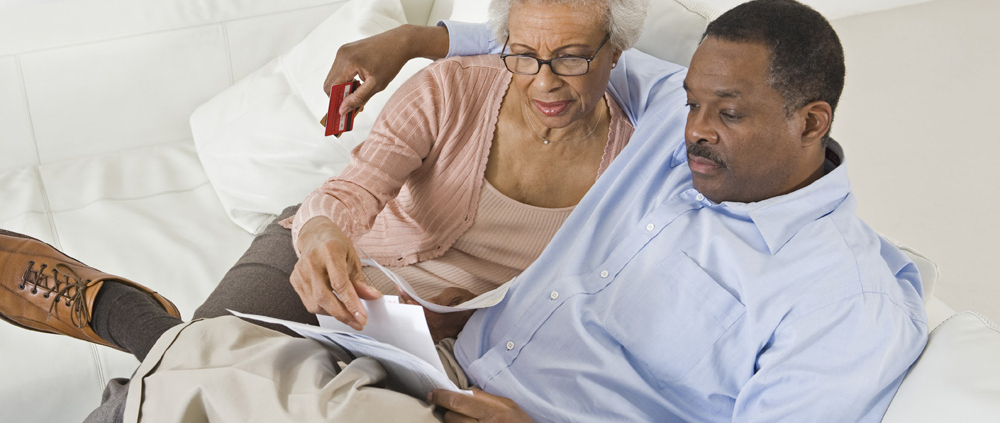Credit card loss protection
If your credit card is lost or stolen, it can certainly be inconvenient. But beware of crooks that use scare tactics and false information to sell protection that consumers don’t really need.
Stay safe. Be Informed.
- Know your rights. Under federal law, you’re not responsible for any charges if you report your card missing before someone else has used it, and you are not liable for more than $50 if it has been used, as long as you report the problem promptly.
- Your credit card issuer may offer extra protection for free. Most card issuers have voluntary policies to remove unauthorized charges completely if consumers report them as soon as they discover them. If you’re not sure what your issuer’s policy is, ask.
- Watch out for imposters. Someone may claim to be connected with your credit card issuer and ask to “verify” your account number to make sure you’re protected. Your real credit card issuer doesn’t need your account number; it already has it.
- Protect yourself against credit card fraud. Don’t leave your card lying around your home or office where others can see it, and don’t lend it to anyone. If you want someone else to be authorized to use your account, make those arrangements through your card issuer. Only give your credit card number when you are actually making a purchase.
- Check your credit card bills carefully as soon as you receive them. Follow the instructions on your bill for questioning or disputing charges. Don’t send a note with your payment, since a separate department usually handles disputes. Make copies of any forms or letters that you send your credit card issuer about the dispute, and be sure to pay the rest of your bill on time.
- Be prepared in case your card is lost or stolen. Keep a file with your credit card issuer’s name and telephone number and your account number. Have this separate from your purse or wallet in case it’s stolen, too.









